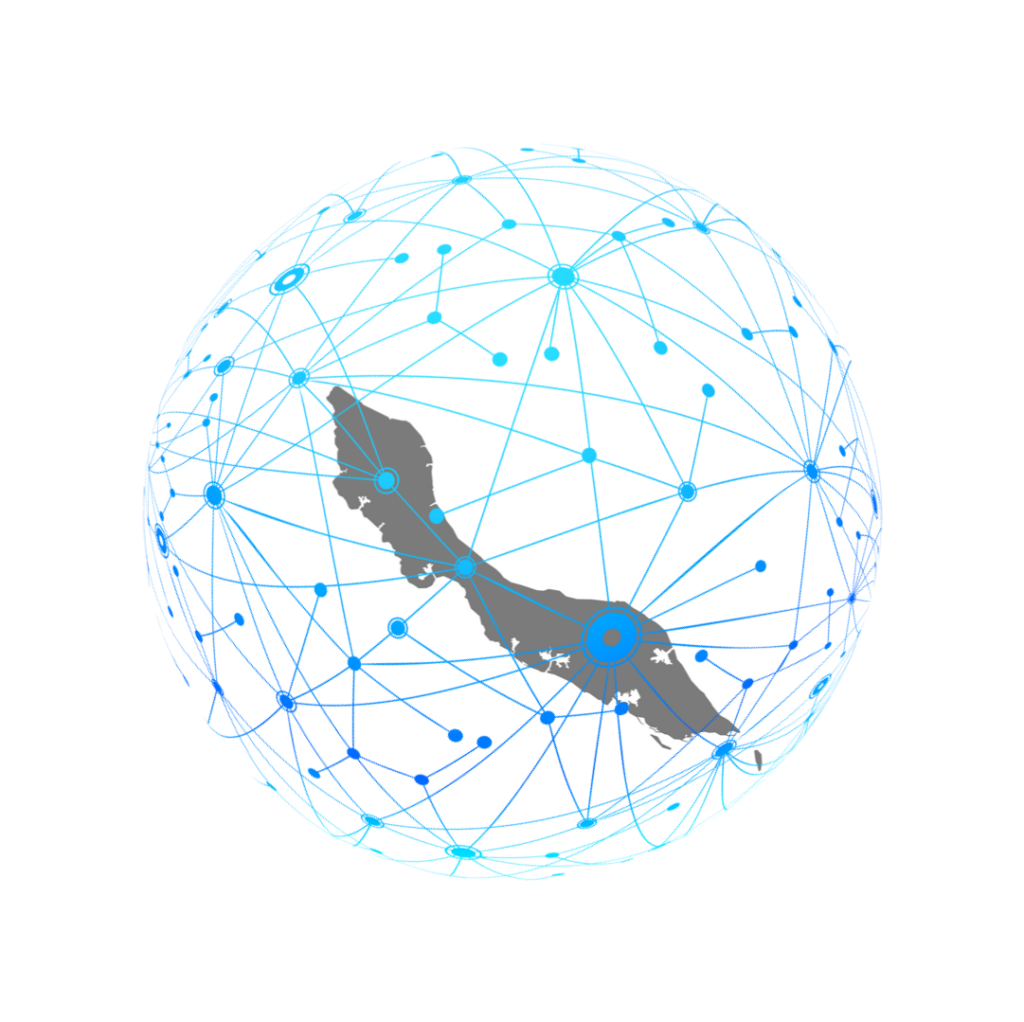The development of the transistor during the mid-20th century ignited a technological revolution which gave rise to our current Information Age. Now, little more than half a century later, information technology permeates just about every aspect of our societies.
This far reaching reliance and dependency on information technology is also reflected in mayor shifts in the global economic order. Currently the top 3 largest companies in the world by market capitalisation are Apple, Microsoft and Alphabet Inc. All being IT companies having even outperformed the Saudi Arabian Oil Co. currently the 4th largest company in the world. An interesting study by Clario Tech — which may help us to arrive at some sensible comprehension of the sheer size of those top IT companies — has analysed which tech giants are wealthier than entire countries. The study shows that looking at GDP versus market capitalisation value and revenue, Apple would be wealthier than Italy, Canada and Russia. And companies such as Amazon and Microsoft would be wealthier than 92% of the world. A clear indicator that IT has become a potential determinant of geopolitical standing.
The continuous innovations taking place within the IT industry are consistently unlocking ever new chapters of growth. Showing no signs of slowing down. The bureau of labor statistics shows that in the US alone, employment of software developers, quality assurance analysts, and testers is projected to grow 22 percent from 2020 to 2030, much faster than the average for all occupations. About 189,200 openings for software developers, quality assurance analysts, and testers are projected each year, on average, over the decade.
We see that developments of the past decade have now enabled mature IaaS, PaaS and SaaS modes of value delivery. Modes which have truly localised the international IT industry. Anyone with an internet connection, a computer and the necessary skills and knowledge essentially, has access to this massive industry and its markets.
In fact, the Information Age now presents a historically unique opportunity for smaller and traditionally more resource & geographically constrained countries, such as Curaçao, to gain increased independence trough the development of and investment in IT resources. It would simply be a matter of responsible governance to do so.

Currently Curaçao has a number of promising initiatives with the aim of developing and promoting the local IT sector. One of those can be seen in SIMIA. SIMIA was founded as an initiative of 11 Curaçao based software companies with a substantial international footprint. Their mission statement:
“In this Digital era, the export of locally produced intellectual property is believed to be one of the most effective ways to grow an economy. Despite the many local software companies that are internationally active, the software industry hasn’t before been seen as a way to further develop our economy. Our mission is to promote the development of the software industry and the adoption of technology to grow our local economy.” Source: https://simia.cw/
Another great local initiative is Innovation Ç, which champions innovation trough collaboration and aims to develop a network of so called “Pioneros”. A global talent pool and community consisting of individuals with a connection to Curaçao who want to contribute to the socio-economic advancement of the island and support local organisations and individuals in improving their global competitiveness.
And with great enthusiasm we took notice of the first ‘Smart Bus Stop’ realised on Curaçao and the upcoming smart parking system in downtown Willemstad. Both evidence of increased readiness by the government to further embrace and showcase information technology.
At IT4Curacao, we see great opportunities for job creation by developing remote IT services based in Curaçao. By leveraging our multilingual culture, the extensive availability of online IT trainings, and the broad acceptance of remote modes of working, local talents can be developed to serve international IT demand. Our ambitious aim is to utilise our knowledge, experience, network and expertise within and beyond the IT industry to support and enable this process.
But while these initiatives signal positive developments, much can still be gained by increased government support and involvement. It is our belief that with the right focus, competent leadership, and a sound national strategy the economy of Curaçao can truly leverage the opportunities of this Information Age towards a sustainable and future proof economy.
-ir. I.W. van Eenennaam